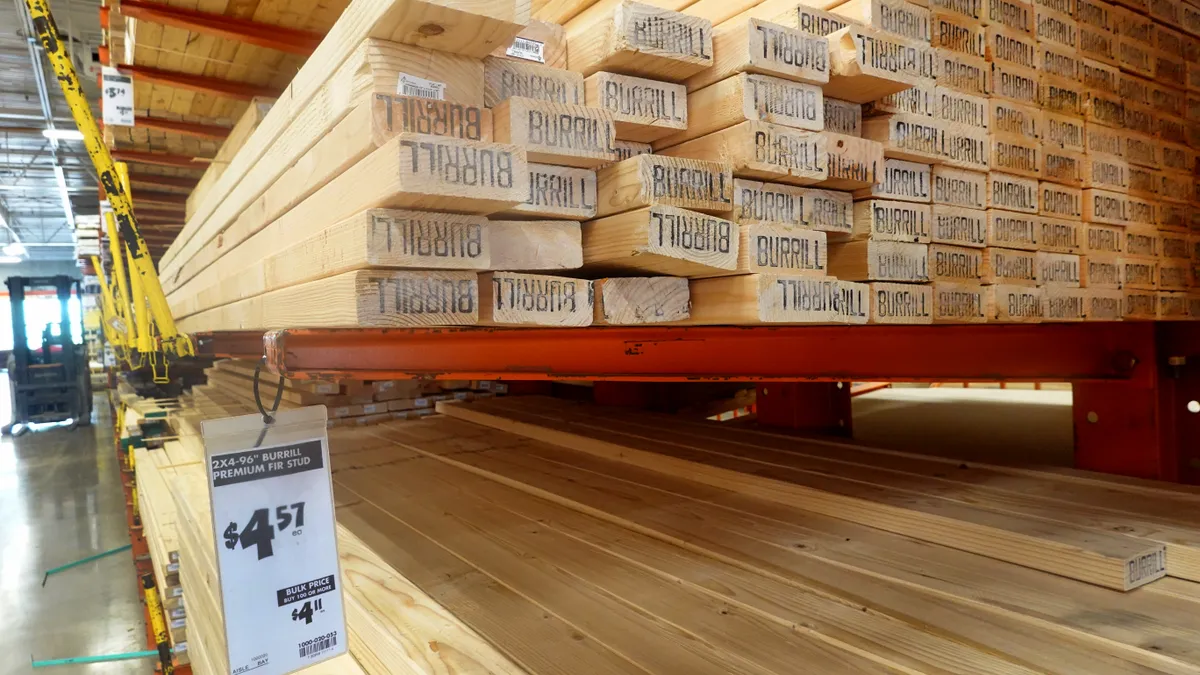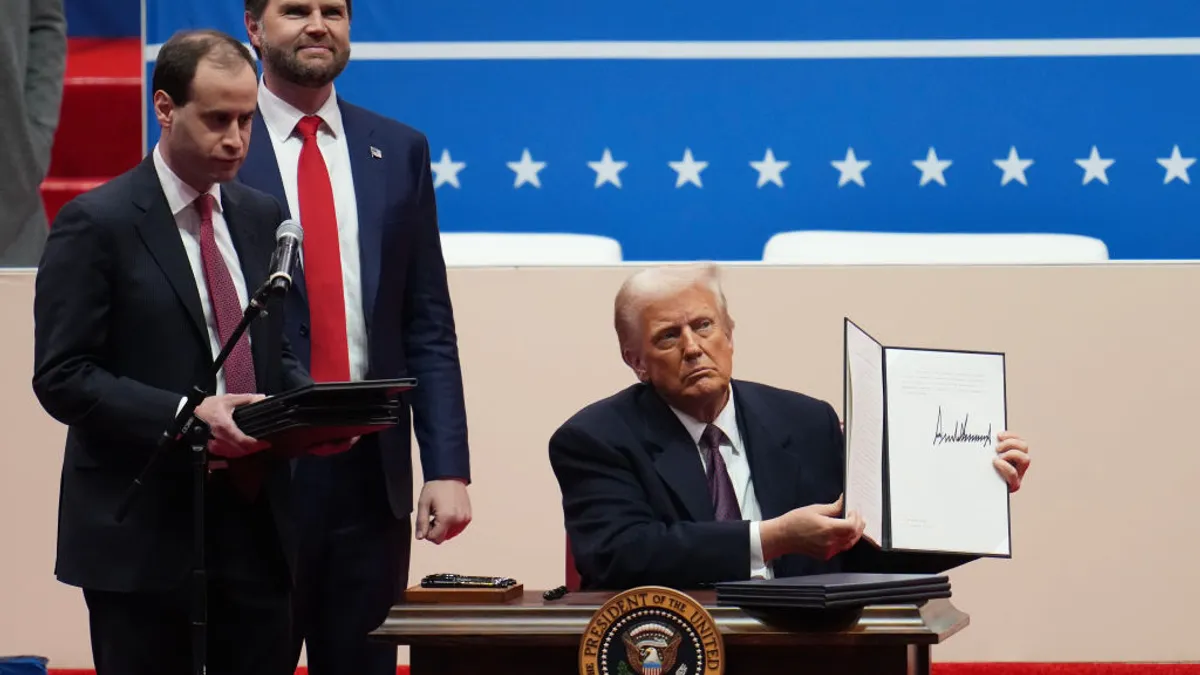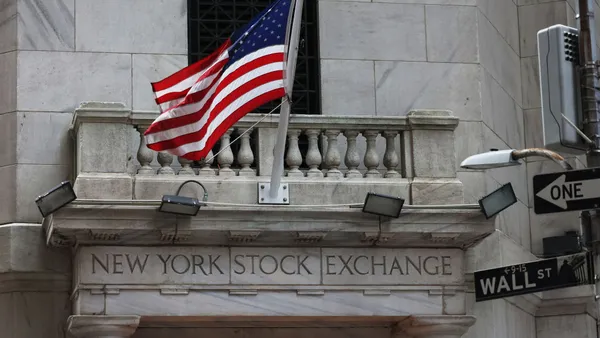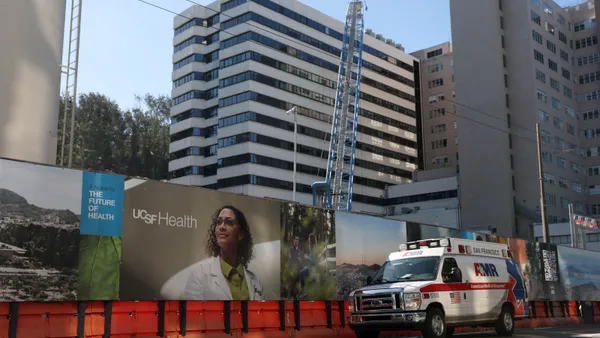Dive Brief:
- While traffic in the U.S. climbs to record highs, the taxes collected on that activity to fuel the Highway Trust Fund (HTF) aren't keeping up, according to the American Association of State and Highway Transportation Officials. Rather than increasing slowly, as expected, the latest data show they are declining.
- Minus refunds, excise taxes collected from October 2016 through July 2017 were $31.7 billion, compared to the $31.8 billion collected for the year-earlier period. For the first half of 2016, however, traffic was up 1.6% to its highest level ever, following the previous high reached last year.
- Congress has repeatedly drawn from general funds to fill the gap in HTF funding. Industry groups have called for alternative financing such as higher gas taxes, as well as sales and use taxes on some vehicle types and tires.
Dive Insight:
Improvements in fuel efficiency and a federal gas tax that has remained unchanged since 1993 are chief contributors to stunted growth in gas-tax revenues, which fund the HTF. To remedy that holding pattern, industry groups and lawmakers alike are weighing a host of new, long-term sources for infrastructure funding.
In June, a bipartisan group of House lawmakers penned a letter to the House Ways and Means Committee stressing the need for more reliable financing options and making some recommendations of their own. Among them was raising the gas tax, charging mileage-based fees and increasing vehicle sales and tire taxes.
States, too, are experimenting with ways to fund their own infrastructure programs. At least three states are testing or considering pay-per-mile fees as an eventual alternative to a gas tax. The Washington State Department of Transportation this week announced plans for a simulation in which 2,000 volunteers are assessed a rate of 2.4 cents per gallon — roughly on par with the current gas tax there. State officials' goal is to keep pace with road construction costs, which are rising faster than gas-tax revenue.
Oregon already has a similar program in place, which is currently capped at 5,000 vehicles. An East Coast transit group is planning a smaller-scale milage-fee pilot while Utah is also considering testing out the option.
California, Oregon and Indiana are among a growing number of states that have increased their gas taxes in recent months to fund infrastructure. Oregon’s bill also includes a vehicle, bicycle and payroll tax, while Indiana and California added vehicle registration fees.
Meanwhile, states such as Missouri are mulling increased vehicle registration fees for owners of fuel-efficient vehicles to compensate for their reduced contribution to gas-tax revenue.














